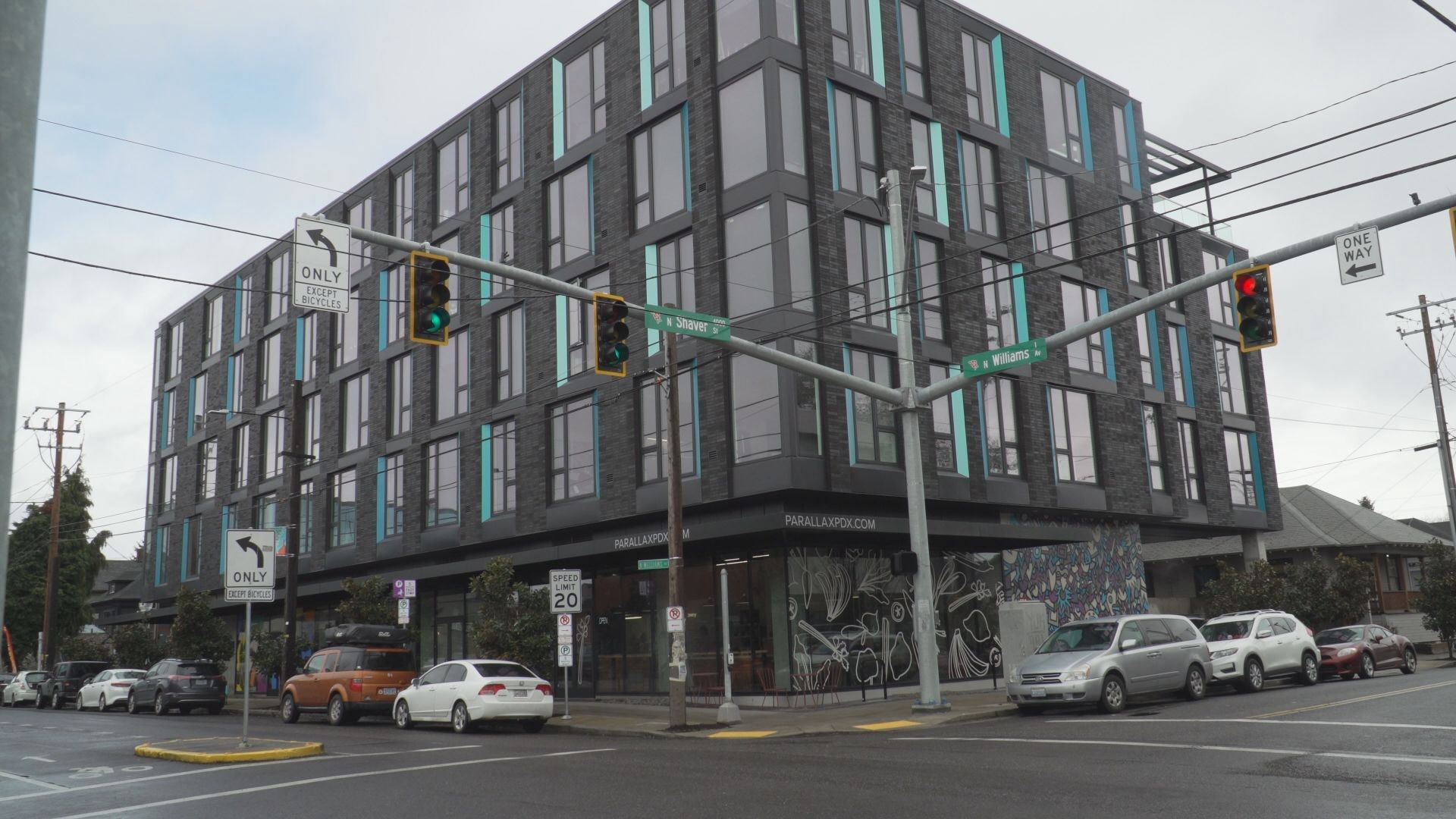PORTLAND, Ore. — On the top floor of a modern North Portland high rise, architects work against a difficult production process for one of the city’s greatest needs.
“Housing is extremely important, and housing is in short supply,” said Daniel Kaven, co-founder of Willian Kaven Architecture and author of “Architecture of Normal: The Colonization of the American Landscape.” His company specializes in housing development, including apartment complexes with some units set aside for low-income tenants. “The process is really slow and cumbersome currently.”
It's a process that Oregon’s new governor Tina Kotek is trying to change with her proposed $200 million investment package. She's directing local governments to speed up construction to meet her statewide goal of building 36,000 affordable housing units each year.
“I am hearing grumblings of things that sound like they could move in the right direction,” Kaven said of the Governor’s plan.
As a first step, Portland Housing Commissioner Carmen Rubio sent out a survey to people like Kaven asking what the city should do to support housing production. Kaven believes that changes can be made to ease design restrictions and the city's permitting process, one that currently takes 7 to 18 months.
“Those are the two primary barriers that slow things down,” he said.
In a statement, Commissioner Rubio described the goal of the survey:
“We are under clear direction from the Governor and Legislature to explore both process and policy changes to speed up housing production. The state has authority in this area, so our goal is to proactively shape — and capture in one place — any and all ideas for exploration and future engagement.
"We started this process by asking for feedback or ideas from City permitting customers who have recently used or have been directly involved in the permitting application process, from January 2019 to today, and from staff at city bureaus that play a role in planning, code development, and permitting. This is step one. Bureaus will conduct further engagement with other stakeholders before ideas are presented to City Council for consideration.”
The Portland Housing Bureau recently proposed four affordable housing projects that will provide 267 new units in Portland. One of the locations is off North Interstate Avenue near Overlook Park. When construction is finished, many of the units will be for people who make at or less than 30% of the area median income.
On the sidewalk in front of the site on Thursday, next to a snow bank, sat a single tent. It’s the makeshift home for a woman named Brittany.
“I would do anything to get off the street,” she said. “I couldn't afford (the affordable housing building) even if I wanted to because of my background and criminal record. Nobody will hire me or give me a job so it would be hard for me to even pay that.”
“The focus on what is deemed affordable-qualified by the government and the process to go through I think is a bit misguided,” added Kaven.
Misguided, just like the current path to building housing, something homeless people like Brittany yearn for.
“It's really bad, it's not fun ... it's hard for me personally, it doesn't help when you have nobody to help you get off the street,” she said through tears.
The homeless crisis is a multi-faceted issue, and many argue the answer is not as simple as just building more housing — however, that is an important step. Commissioner Rubio’s office will be reviewing the answers to the survey starting Friday and then present the findings to the Portland City Council.

